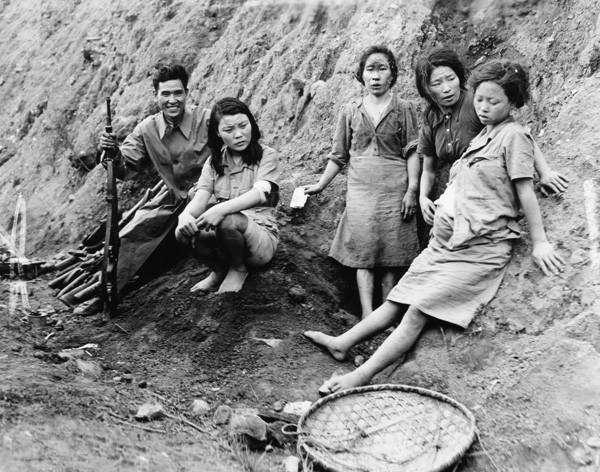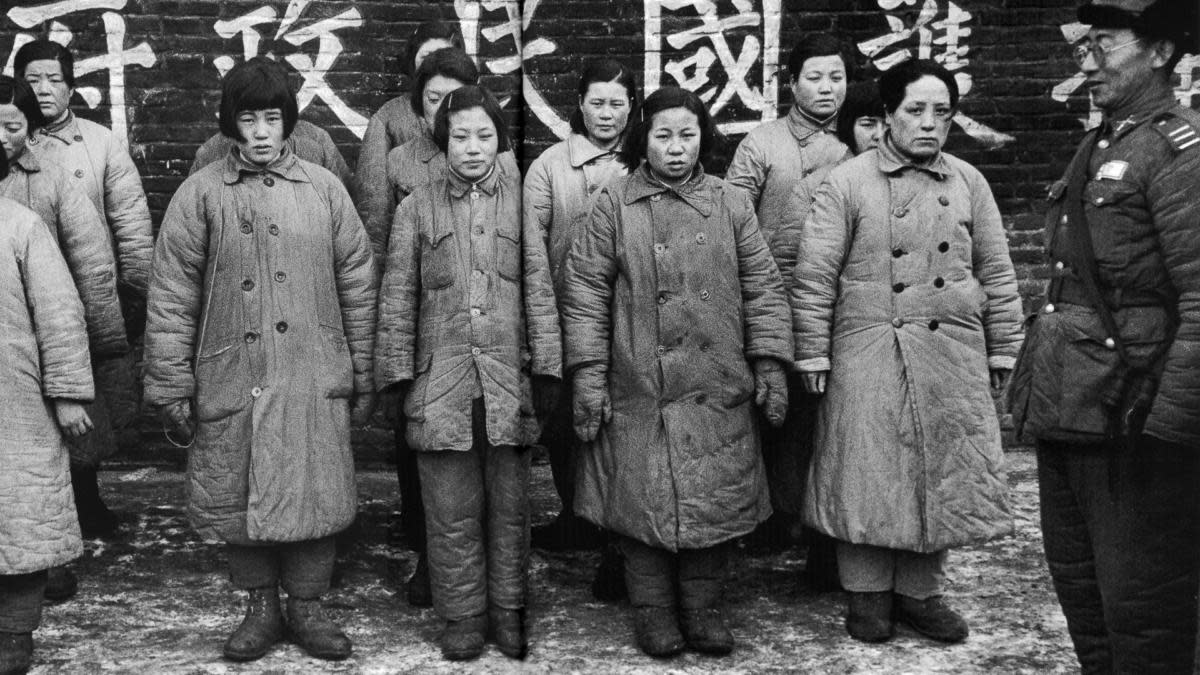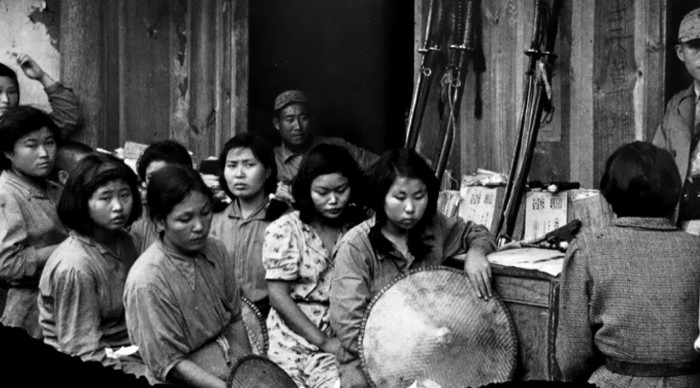
WHO ARE "COMFORT WOMEN?"
Despite 80 years passing since their surrender in World War II, the
Japanese government has never issued a formal apology statement nor made
the proper reparations for its most notable war victims—colonized sex
slaves whose brutal realities are euphemized with the term “comfort
women.” These women were involuntarily drafted from colonial territories
to provide sex services to Japanese soldiers on the battlefield. Despite
being regarded as colonial property, social outcasts, and compelled into
labor they could not escape, their plight remains severely unresolved in
terms of working towards proper reparation; the status of comfort women
as victims of sexual slavery is continually disputed by the current
Japanese government. And since many key records were destroyed in an
attempt to erase their wartime atrocities (which has made estimating the
total number of comfort women difficult), much information surrounding
the comfort women system remained obscure to the rest of the world.
SURVIVORS WITH STORIES
By the end of WWII, many comfort women were executed while those that
survived had difficulties reintegrating into society, suffering from
physical maladies (including infertility), psychological trauma,
poverty, and social stigmas. Thus, many did not speak publicly about
their experiences because of the personal and national shame of what
happened to them at the hands of Japanese soldiers. Only beginning in
the 90s, when this became politicized as an issue of women’s human
rights, did details come to light; victims finally broke decades of
silence and came forward to share their stories of lifelong suffering
and realize their rights for justice.
SHE WILL NOT STAY SILENT ANYMORE
Yet, attempts to compensate the victims so far have only been an
offense—rushed one-sided deals between national leaders that excluded
the victims' voices, unofficial sympathy charities pledged through
private establishments (which have dissolved in the midst of rising
diplomatic tensions)... With the generation of comfort women slowly
dying out, the urgency for restitution becomes a critical concern in
international discourses.



